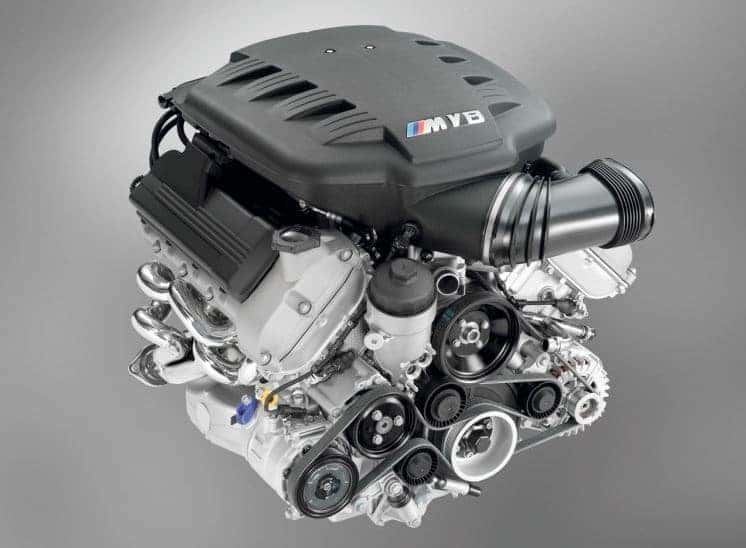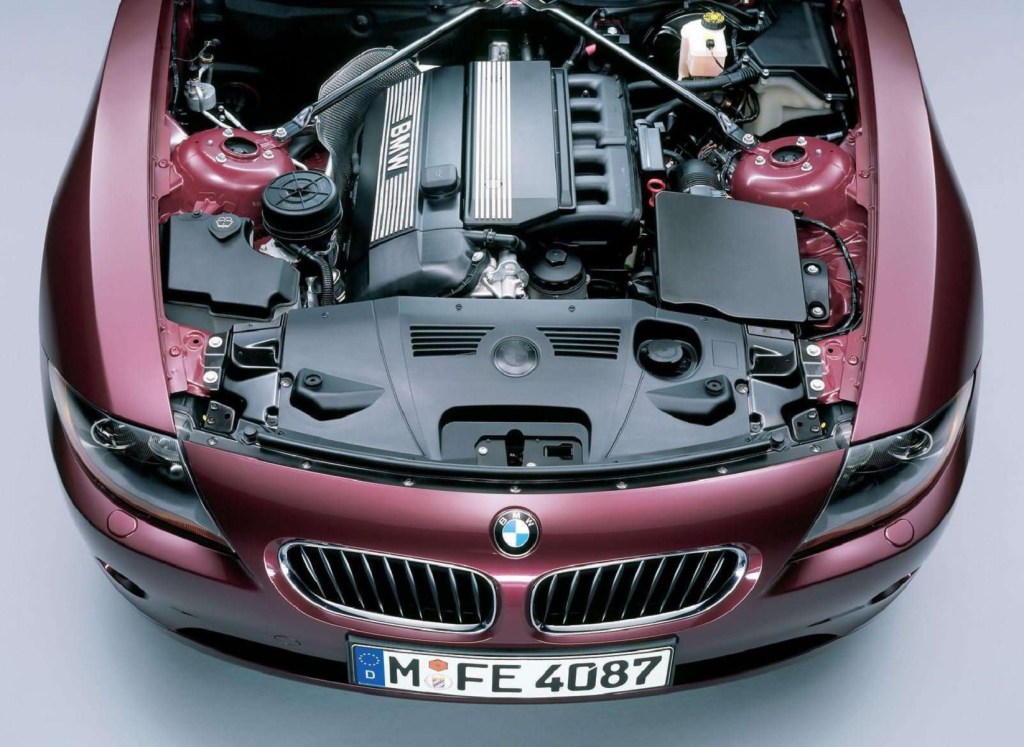Just how to Keep Your BMW Engine for Optimal Performance and Durability
Just how to Keep Your BMW Engine for Optimal Performance and Durability
Blog Article
Unveiling the Intricacies of Next-Generation Power Units: a Deep Dive Into Advanced Engine Designs and Developments
In the realm of automobile engineering, the relentless pursuit of efficiency, sustainability, and efficiency has actually propelled the advancement of power devices to extraordinary elevations. As we base on the precipice of a new era in transport, the details of next-generation engine layouts beckon us to explore the cutting-edge technologies and innovations that assure to redefine the driving experience. From innovative products that push the boundaries of longevity and weight decrease to advanced turbocharging and supercharging systems that boost power result to brand-new levels, each part of these power systems holds an essential to opening the future of vehicle design. Digging deeper right into the realms of exhaust control, intelligent engine management systems, and the perspective of power unit growth, we discover ourselves on the cusp of a transformation that guarantees to reshape the landscape of flexibility as we understand it.
Evolution of Engine Materials

The change in the direction of advanced engine materials has likewise made it possible for designers to design engines with higher power outcomes while keeping gas effectiveness criteria. For instance, making use of light-weight materials decreases the general weight of the engine, causing boosted gas economy and lower emissions. Additionally, developments in materials innovation have enabled much better thermal administration within engines, leading to enhanced reliability and longevity.
Turbocharging and Supercharging Technologies
Exactly How do Turbocharging and Supercharging Technologies transform engine efficiency and effectiveness in contemporary vehicles? Turbo charging and turbocharging are innovations that significantly boost engine performance by increasing the quantity of air intake into the burning chamber. Turbocharging accomplishes this by making use of a wind turbine driven by exhaust gases to pressurize the intake air, while turbo charging uses a belt- or chain-driven compressor to attain the exact same effect.
These modern technologies allow smaller, a lot more fuel-efficient engines to produce power equal to larger ones, referred to as downsizing. By requiring more air right into the cylinders, turbocharging and turbo charging enhance combustion effectiveness, resulting in boosted horse power and torque output without a substantial increase in engine dimension. This leads to much better acceleration, lugging capacity, and general driving efficiency.
Furthermore, supercharging and turbocharging add to improved fuel performance by allowing the use of smaller sized engines that consume much less gas under normal driving problems - bmw engine. This mix of enhanced efficiency and performance has made turbocharging and turbo charging integral elements of many contemporary engine layouts
Emission Control and Environmental Effect
With raising worldwide concerns relating to air high quality and ecological sustainability, the application of emission control modern technologies in lorries plays a critical role in minimizing unsafe pollutants released into the atmosphere. Modern cars are furnished with advanced discharge control systems that aid decrease the environmental impact of automobile operations. Catalytic converters, as an example, are developed to convert toxic gases such as carbon monoxide, nitrogen oxides, and hydrocarbons into less hazardous substances like carbon dioxide and water vapor.
Furthermore, advancements in engine technology, such as the integration of exhaust gas recirculation systems and selective catalytic reduction, have actually dramatically added to decreasing exhausts. These innovations operate in tandem to enhance combustion efficiency and decrease the launch of dangerous contaminants right into the air. Furthermore, the development of hybrid and navigate to this website electrical vehicles represents a crucial action towards reducing the total environmental footprint of the transport market.
Intelligent Engine Management Systems

Furthermore, these systems make it possible for vehicles to fulfill stringent discharges standards without endangering performance, giving a much more eco-friendly driving experience. The integration of expert system and artificial intelligence capacities in engine management systems remains to push the limits of what is feasible, resulting in more improvements in performance, reliability, and general vehicle efficiency. bmw engine. As automobile modern technology developments, intelligent engine monitoring systems will play an essential function in shaping the future of transport towards an extra sustainable and effective direction
Future Trends in Power Device Advancement
As smart engine management systems lead the means for enhanced control and optimization in contemporary cars, future fads in power unit advancement are poised to redefine the landscape of auto propulsion innovations. One of the crucial fads driving development in power device advancement is the shift towards electrification. With an increasing focus on sustainability and lowering carbon emissions, crossbreed and electrical powertrains are coming to be extra prevalent in the vehicle sector. These different power sources provide improved effectiveness and efficiency while straightening with stringent environmental regulations.
Another significant fad is the integration of innovative materials and manufacturing techniques. Light-weight products such as carbon fiber and aluminum are being used to reduce total lorry weight, improving fuel efficiency and efficiency. Furthermore, improvements in 3D printing and additive manufacturing are enabling the manufacturing of complicated engine components with greater accuracy and toughness.
Moreover, man-made intelligence and artificial intelligence are playing an important role in maximizing power system performance. These modern technologies enable real-time monitoring and flexible control, causing much more efficient and reliable power delivery. Overall, future fads in power unit growth are tailored towards sustainability, efficiency, and performance, driving the auto sector in the direction of a new period of propulsion innovations.

Final Thought
In verdict, the developments in engine materials, turbocharging, discharge control, and smart management systems have led the method for next-generation power systems. The intricate layouts and innovations in modern-day engines display the recurring development of auto technology.
Exploring the progressive improvements in engine products has actually next page been crucial in boosting the efficiency and efficiency of modern engines. Over the years, the evolution of engine visit materials has played a vital duty in pressing the borders of what engines can attain.The change in the direction of progressed engine products has actually also enabled engineers to design engines with higher power outputs while maintaining fuel efficiency standards.The implementation of intelligent engine management systems in modern vehicles has revolutionized the way engines are managed and enhanced for performance and effectiveness. By accumulating information in real-time and analyzing it with sophisticated formulas, intelligent engine administration systems can adjust to driving designs, environmental factors, and engine health to make best use of power outcome while reducing fuel consumption and exhausts.
Report this page